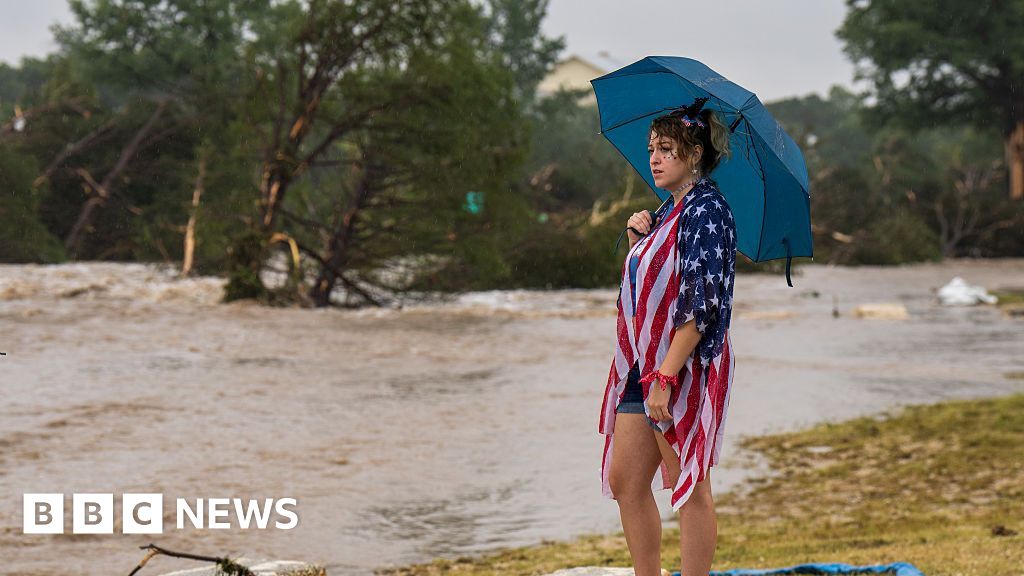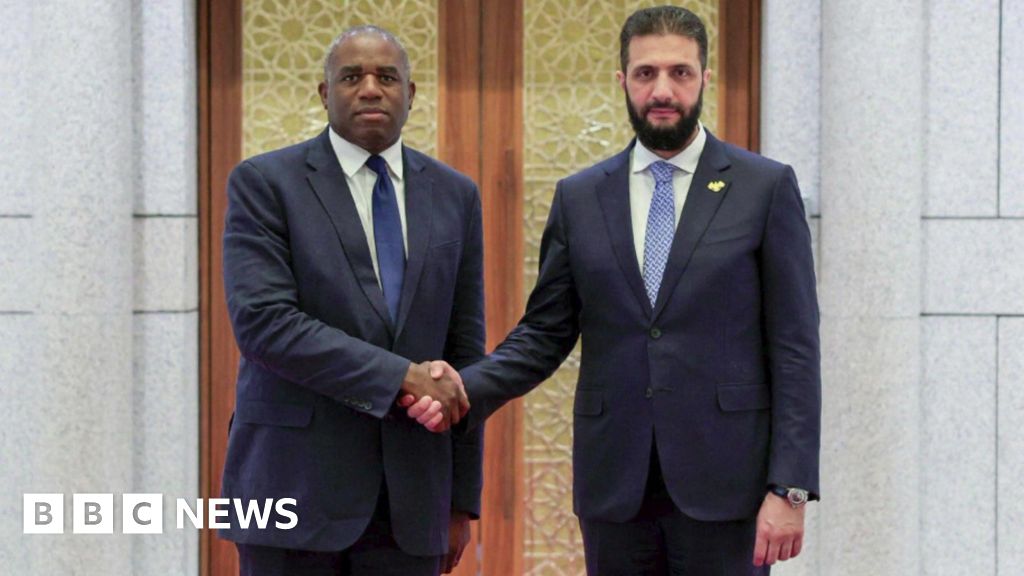France has restarted negotiations toward defining its future relationship with New Caledonia, a French overseas territory in the southwest Pacific that is home to about 293,000 people. The move ends nine months of political limbo following violent protests, including roadblocks and riots, that erupted across the territory in May 2024.
The protests came in reaction to French President Emmanuel Macron’s plan to add more than 25,000 people to the territory’s electoral roll to reflect inhabitants who have arrived, mainly from mainland France, over the past two decades. The rolls had been restricted as part of an agreement ending an armed independence movement in New Caledonia in 1988. The largely pro-independence indigenous islanders, who comprise about 41 percent of the population, feared the change would have diluted their influence in future elections.
During his visit to New Caledonia to announce the reopening of negotiations in late February, French Overseas Minister Manuel Valls referred to the protests, saying, “There is a before and an after.” He characterized negotiations as an “opportunity” and said it was his “responsibility … to find a way” toward an agreement that satisfies everyone. But that won’t be easy.
The islands of New Caledonia were first colonized by France in the mid-19th century. After World War II, they were designated an “overseas territory” with greater citizenship rights. But entrenched poverty and disenfranchisement in Kanak communities ignited an armed rebellion against French rule in the 1980s.
To get more in-depth news and expert analysis on global affairs from WPR, sign up for our free Daily Review newsletter.
Subsequent talks between the French government and island leaders resulted in the 1988 Matignon Accord and the 1998 Noumea Accord, which together outlined provisions for greater autonomy for New Caledonia, recognition of indigenous rights and investment in rural development, while guaranteeing that three referendums on independence would be held. An additional measure meant to prevent Kanaks from being politically marginalized restricted the electoral roll for the referendums as well as local elections to indigenous voters and inhabitants residing in the territory prior to 1998.
The accords led to some progress in bridging the development gap, but significant disparities between the Kanak and non-Kanak populations remain. New Caledonia has one of the highest GDP per capita in the region, at $33,516 in 2022, compared to $5,405 in Fiji, for instance. Yet at 38 percent, the unemployment rate among Kanaks is more than three times the rate of 11 percent for the general New Caledonian population. And according to a recent study in North Province and Loyalty Islands, where communities are mainly indigenous, 62 percent and 77 percent of people respectively have lower than average living standards.
Political frustrations also increased in 2021, after the third and final referendum under the Noumea Accords resulted in another defeat for the pro-independence movement. The first two votes, in 2018 and 2020, had shown a narrowing margin of victory for the pro-France majority, at 57 percent and 53 percent respectively. But Kanaks sought to postpone the final referendum, as it was scheduled to take place during the pandemic at a time when their cultural mourning rites would prevent many who had lost family members from going to the polls. When the vote went ahead as planned, they boycotted, resulting in a 98 percent victory for the pro-France position. As a result, the pro-independence movement has refused to accept the referendum’s outcome, and many maintain calls for full self-determination.
A major test will be when negotiations again broach the subject of electoral reforms, which French authorities have announced are back on the table.
Two years later, Macron’s proposed electoral reforms, on top of his refusal to countenance a rerun of the referendum, inflamed existing grievances, and when those reforms were passed by a parliamentary vote in 2024, large numbers of Kanak youth took to the streets. Yet while protesters achieved their goal of forcing the government to suspend the electoral changes, it came at a cost. The small Pacific island’s society was left shattered, with its economy in ruins. Damages amounted to more than 2 billion euros, increasing poverty for those who lost homes and jobs, while the territory’s political landscape has been starkly polarized.
Now New Caledonia’s local congress has turned to the French government for assistance to rebuild, and Paris has agreed. In addition to its regular annual funding to the territory, which amounts to about 1.5 billion euros, or $1.6 billion, the central government will provide a further 130 million euros, or roughly $135 million, to ensure continuity of government services; 192 million euros, or roughly $199 million, for the reconstruction of schools and public buildings; and loans of up to 1 billion euros, or roughly $1.04 billion. But Paris has conditioned much of that additional funding on New Caledonia accepting government and fiscal reforms.
“There cannot be an economic recovery without a political compromise, just like there cannot be any lasting political solution without economic recovery,” Valls declared on Feb. 12, while adding that “France needs to be there so that the economic slump does not turn into a social disaster.”
Discussions about the future relationship and governance arrangements between France and New Caledonia began in earnest after Valls arrived in New Caledonia for a week-long visit on Feb. 22. While there, Valls signaled a shift to a more balanced engagement with both sides of the political divide, acknowledging Kanak aspirations for decolonization and self-determination, and making gestures of reconciliation toward pro-independence supporters, including by traveling to rural provinces to pay respects to those who lost their lives during the 1980s uprising. To Kanak customary leaders, he said that “nothing can happen in New Caledonia without a profound respect towards the Melanesian people, the Kanak people and the first people.” And he emphasized the need for a “new social contract” to address the grievances of the territory’s younger generation. Nevertheless, this did not prevent verbal clashes with the public on both sides of the independence issue during his stay.
These developments will be welcomed by neighboring Pacific Island nations and the regional intergovernmental organization, the Pacific Islands Forum, which has long supported New Caledonia’s reinstatement on the United Nations Decolonization List.
The new overtures were met with a conciliatory response from moderate pro-independence leaders, such as Jean-Pierre Djaiwe of the UNI-Palika Party, who publicly stated that “the heart of these negotiations, for us, is to reformulate the relationship between New Caledonia and France. The time we have ahead of us is precious. We have to make the best of it to reach an agreement.”
As Denise Fisher noted for the Sydney-based Lowy Institute, “Although the Independence parties are divided, they welcome Valls’ references to the Noumea Accord as the basis for the future, and his framing of sovereignty and the process of decolonization.” The fact that Valls appears to have agreed that future discussions should take place in Noumea, not Paris, is another important symbolic gesture in response to their demands.
Nevertheless, there is still deep polarization between the pro-independence and pro-France camps. Some supporters on both sides accept the need for compromise, but the hardline pro-independence FLNKS coalition, for instance, currently refuses to participate in discussions that include pro-France representatives, while some pro-France politicians reject any mention of full sovereignty.
On the New Caledonian side, discussions are now in the hands of the newly elected pro-France regional president, Alcide Ponga. A Kanak leader of La Rassemblement, or The Rally, party, Ponga took office in January following the fall of the previous government led by the pro-independence former regional president, Louis Mapou. Both Valls and Ponga are emphasizing a focus on pragmatism, with their priorities being to fix the territory’s broken economy and rebuild its inhabitants’ lives.
Alongside this, both are calling for a reset of relations based on a middle path of political consensus that rejects radical positions on both sides. But that approach may have a short expiration date, according to Blake Johnson, a senior analyst at the Australian Strategic Policy Institute in Canberra. “These talks may ease the tension between groups for some time,” Johnson told WPR, “but unless real progress is made on the future of the territory, the risk of renewed instability and conflict remains.”
A major test will be when negotiations again broach the subject of electoral reforms, which French authorities have announced are back on the table. There is a risk that they could provoke anger once more, Johnson said. But France’s ambassador to the Pacific, Veronique Roger-Lacan, has argued that the reforms are necessary to align with citizenship rights, as all citizens who pay taxes in a democracy must have the right to vote.
The next few months ahead will be critical, as France has expressed its goal to have an amended electoral roll in place before the next provincial elections, which are due to be held in New Caledonia by the end of this year.
Catherine Wilson is an Australia-based independent journalist and correspondent reporting on current affairs, global issues, political affairs and international development in the Pacific Islands region.
The post France’s Reset With New Caledonia Could Hit Some Roadblocks appeared first on World Politics Review.
Source link















